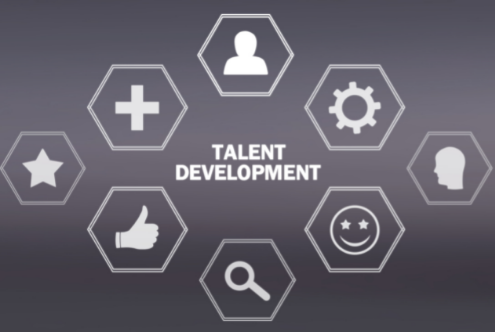Transformation & Change

HR Transformation
Target Model Design


HR Talent Development
HR is a valued and vital pillar in any organization. It is the responsibility of HR to recruit, retain, manage performance, and ensure the overall development of the employees. Thus, HR must be adept at attracting, managing, engaging, and retaining employees. Our experts are here to make sure your HR has the talent it needs, identify next-generation HR leaders, advise them on developing and managing an effective & productive workforce, and help them succeed.
Employer Branding
Employee Experience
Using design thinking to re-imagine and create the employee experience is critical to driving sustainable business performance, whether your team is focused on strategy, process change, or adopting new technologies. Design thinking aids in the creation of an engaging environment that delights employees during critical moments.


Employer Branding
Employer branding must be a component of your overall business strategy and aligned with all your company’s experiences. Consistent communication, personal connection, meaningful experiences, and creating relationships are all part of employer branding.
HCM Technology
HR’s role is changing rapidly, and the challenge for HR leaders is to figure out how to build an agile, next-generation HR function that is ready for the digital era. Companies with next-generation HR capabilities outperform companies with lesser capabilities in terms of financial performance.

Mergers and Acquisition

Almost 80-90 percent of all mergers and acquisitions fail to meet their expected strategic and financial goals. Various people-related problems, `such as incompatible cultures, management styles, inadequate motivation, loss of key personnel, lack of communication, lost trust, and ambiguity of long-term goals, are frequently blamed for this high failure rate.
Career Transition & Outplacement
We provide end-to-end Career Transition and Outplacement services for enterprises confronted with the challenging decision of reorganizing and restructuring, resulting in loss of jobs. There are unforeseen events such as COVID 19, which have put organizations under challenging predicaments.

